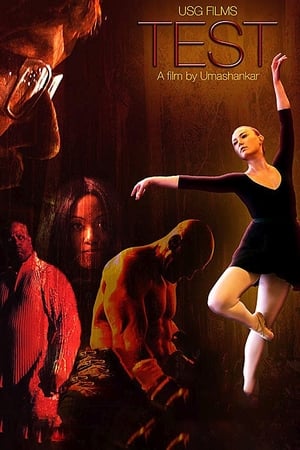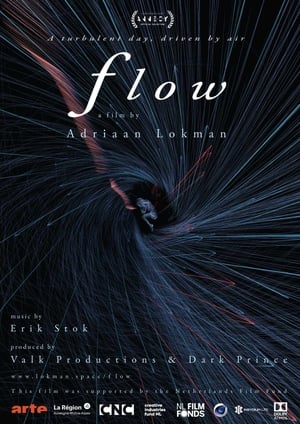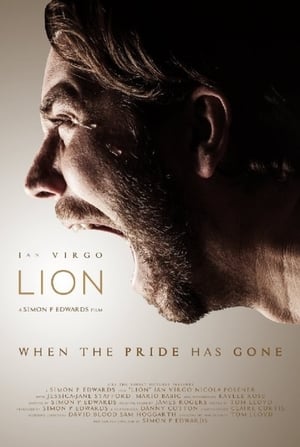
"They Didn't Starve Us Out": Industrial Cape Breton in the 1920s(1991)
For 200 years, coal mining had been a way of life in Cape Breton. By 1920 things were looking up: miners were unionized and paid decent wages. Then the British Empire Steel Corporation arrived and bought every single steel and coal company in Nova Scotia. BESCO cut wages by a third, setting off a bitter labour dispute. The miners settled in for a long strike. Finally, in 1925, the military ended the unrest with brute force. But the miners, in one sense, had won. They broke up the monopoly and provided an example to workers across the country.

Movie: "They Didn't Starve Us Out": Industrial Cape Breton in the 1920s

"They Didn't Starve Us Out": Industrial Cape Breton in the 1920s
HomePage
"They Didn't Starve Us Out": Industrial Cape Breton in the 1920s
Overview
For 200 years, coal mining had been a way of life in Cape Breton. By 1920 things were looking up: miners were unionized and paid decent wages. Then the British Empire Steel Corporation arrived and bought every single steel and coal company in Nova Scotia. BESCO cut wages by a third, setting off a bitter labour dispute. The miners settled in for a long strike. Finally, in 1925, the military ended the unrest with brute force. But the miners, in one sense, had won. They broke up the monopoly and provided an example to workers across the country.
Release Date
1991-10-01
Average
6
Rating:
3.0 startsTagline
Genres
Languages:
EnglishKeywords
Recommendations Movies
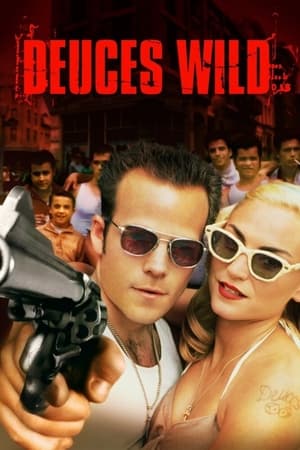 5.6
5.6Deuces Wild(en)
In 1950s New York City, a bad and bloody gang war is about to erupt on the dysfunctional streets of Brooklyn between the Deuces and the vicious Vipers.
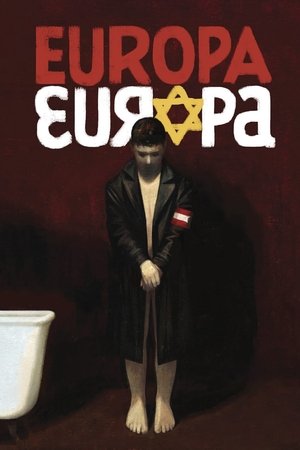 7.3
7.3Europa Europa(de)
A Jewish boy separated from his family in the early days of WWII poses as a German orphan and is taken into the heart of the Nazi world as a 'war hero' and eventually becomes a Hitler Youth.
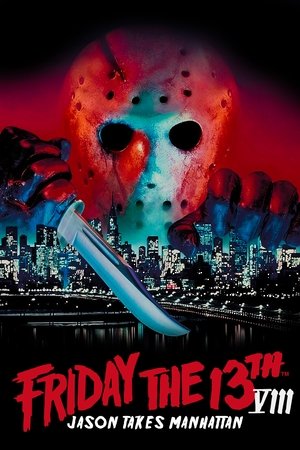 4.9
4.9Friday the 13th Part VIII: Jason Takes Manhattan(en)
Jason ships out aboard a teen-filled "love boat" bound for New York, which he soon transforms into the ultimate voyage of the damned.
 5.2
5.2Lion, London Zoological Gardens(en)
A male lion, right next to bars that are about 6 or 8 inches apart, keenly watches a uniformed zoo attendant toss small morsels of food into the cage. The lion alternates between finding the food on the cage floor and reaching through the bars to swipe at the man, who stays alarmingly close to the beast. In the background are the large rocks and brick wall at the back of the lion's habitat.
 8.1
8.1Taxi Driver(en)
A mentally unstable Vietnam War veteran works as a night-time taxi driver in New York City where the perceived decadence and sleaze feed his urge for violent action.
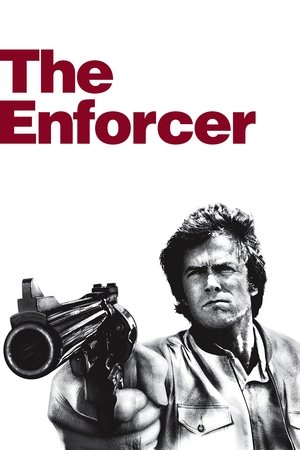 6.7
6.7The Enforcer(en)
Dirty Harry Callahan returns again, this time saddled with a rookie female partner. Together, they must stop a terrorist group consisting of angry Vietnam veterans.
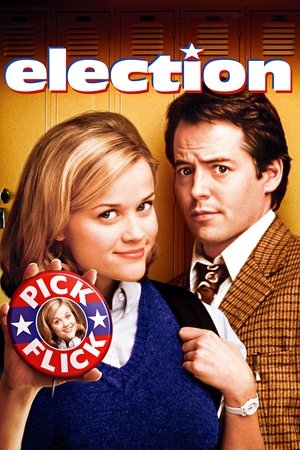 6.9
6.9Election(en)
Tracy Flick is running unopposed for this year’s high school student election. But Jim McAllister has a different plan. Partly to establish a more democratic election, and partly to satisfy some deep personal anger toward Tracy, Jim talks football player Paul Metzler to run for president as well.
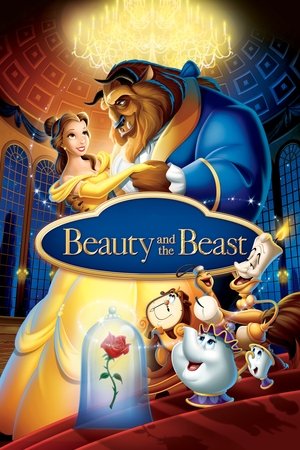 7.7
7.7Beauty and the Beast(en)
Follow the adventures of Belle, a bright young woman who finds herself in the castle of a prince who's been turned into a mysterious beast. With the help of the castle's enchanted staff, Belle soon learns the most important lesson of all -- that true beauty comes from within.
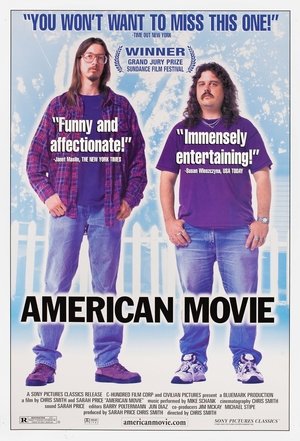 7.6
7.6American Movie(en)
American Movie is the story of filmmaker Mark Borchardt, his mission, and his dream. Spanning over two years of intense struggle with his film, his family, financial decline, and spiritual crisis, American Movie is a portrayal of ambition, obsession, excess, and one man's quest for the American Dream.
John(en)
John tells the story of a young male, a psychiatric hospital patient who witnesses the death of another Black male patient at the hands of white staff. Blurring the boundaries between fact and fiction, this work draws from real life cases of mentally ill Black men who have died as a result of excessive force of the State.
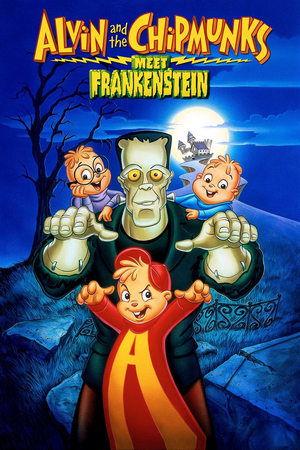 6.8
6.8Alvin and the Chipmunks Meet Frankenstein(en)
The Chipmunks work in an amusement park attraction. After Alvin drives a crazy tour group, they miss their next performance and are locked in the park after closing time. Little do they know that the real Dr. Frankenstein has been hired in a new attraction called, "Frankenstein's Castle"; figuring that the castle isn't scary enough, the mad scientist recreates the real Monster.
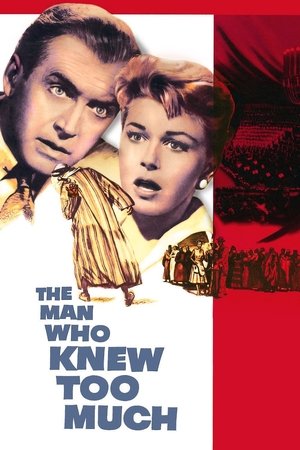 7.5
7.5The Man Who Knew Too Much(en)
A couple vacationing in Morocco with their young son accidentally stumble upon an assassination plot. When the child is kidnapped to ensure their silence, they have to take matters into their own hands to save him.
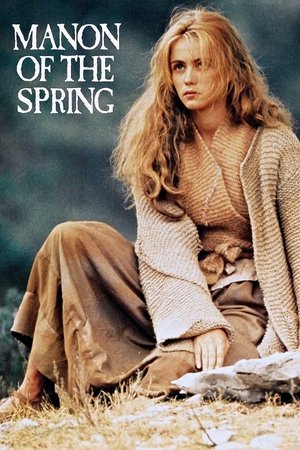 7.6
7.6Manon of the Spring(fr)
In this, the sequel to Jean de Florette, Manon has grown into a beautiful young shepherdess living in the idyllic Provencal countryside. She plots vengeance on the men who greedily conspired to acquire her father's land years earlier.
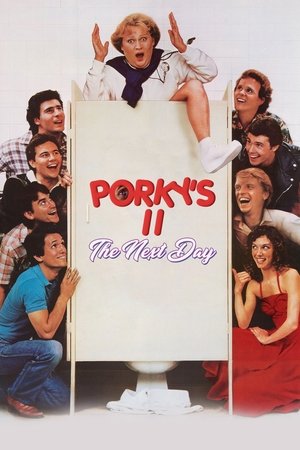 5.7
5.7Porky's II: The Next Day(en)
When the students of Angel Beach High decide to stage "An Evening With Shakespeare," their efforts are threatened by Miss Balbricker, who views the works of Shakespeare as obscene. She enlists the help of Reverend Bubba Flavel, a religious fanatic who brings along his flock of followers to pressure the school into shutting down the production.
 5.9
5.9Handling the Undead(no)
On a hot summer day in Oslo, the dead mysteriously awaken, and three families are thrown into chaos when their deceased loved ones come back to them. Who are they, and what do they want?
Similar Movies
Beyond Ratings(hi)
Three women share their experience of navigating the app-world in the metro city. The sharings reveal gendered battles as platform workers and the tiresome reality of gig-workers' identities against the absent bosses, masked behind their apps. Filmed in the streets of New Delhi, the protagonists share about their door-to-door gigs, the surveillance at their workplaces and the absence of accountability in the urban landscape.
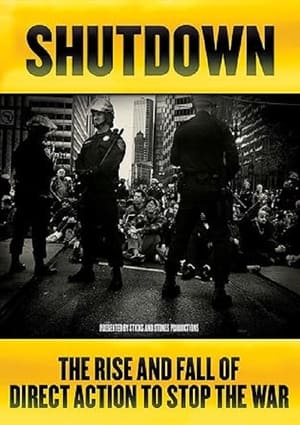 0.0
0.0Shutdown: The Rise and Fall of Direct Action to Stop the War(en)
In the winter of 2002-'03, as the US was building its case to attack Iraq, people around the world responded with a series fo the largest peace protests in history. Shutdown: The Rise and Fall of Direct Action to Stop the War, is an action-packed documentary chronicling how DASW successfully organized to shut down a major US city and how they failed to effectively maintain the organization to fight the war machine and end the occupation of Iraq. Created by organizers involved with DASW, Shutdown combines detailed information on organizing for a mass action, critical interviews on organizing pitfalls, and the wisdom of hindsight. It is a must-see film for those engaged in the continuous struggle toward social justice.
 9.0
9.0Miners Shot Down(en)
In August 2012, mineworkers in one of South Africa’s biggest platinum mines began a wildcat strike for better wages. Six days later the police used live ammunition to brutally suppress the strike, killing 34 and injuring many more. Using the point of view of the Marikana miners, Miners Shot Down follows the strike from day one, showing the courageous but isolated fight waged by a group of low-paid workers against the combined forces of the mining company Lonmin, the ANC government and their allies in the National Union of Mineworkers.
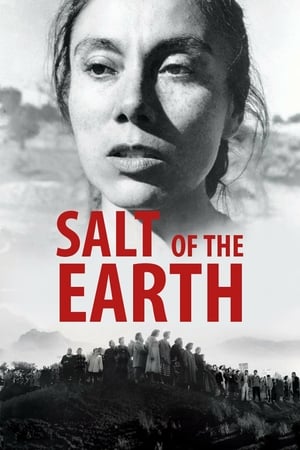 6.9
6.9Salt of the Earth(en)
At New Mexico's Empire Zinc mine, Mexican-American workers protest the unsafe work conditions and unequal wages compared to their Anglo counterparts. Ramon Quintero helps organize the strike, but he is shown to be a hypocrite by treating his pregnant wife, Esperanza, with a similar unfairness. When an injunction stops the men from protesting, however, the gender roles are reversed, and women find themselves on the picket lines while the men stay at home.
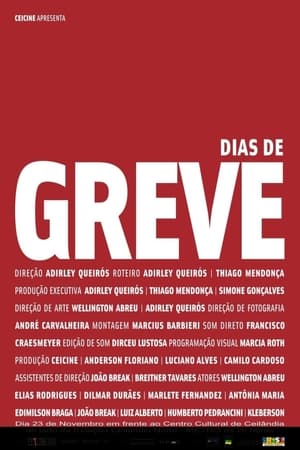 0.0
0.0Dias de Greve(pt)
The struggle of a small group of blacksmiths trapped between keeping a long going strike with claims for better fees and the necessity of getting back to work when there's no money left for basic necessities.
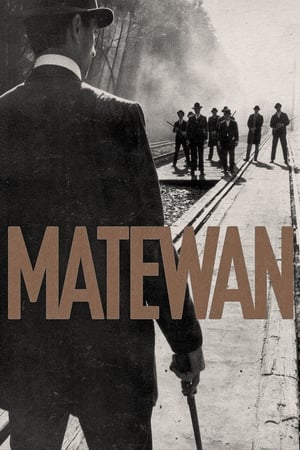 7.4
7.4Matewan(en)
Filmed in the coal country of West Virginia, "Matewan" celebrates labor organizing in the context of a 1920s work stoppage. Union organizer, Joe Kenehan, a scab named "Few Clothes" Johnson and a sympathetic mayor and police chief heroically fight the power represented by a coal company and Matewan's vested interests so that justice and workers' rights need not take a back seat to squalid working conditions, exploitation and the bottom line.
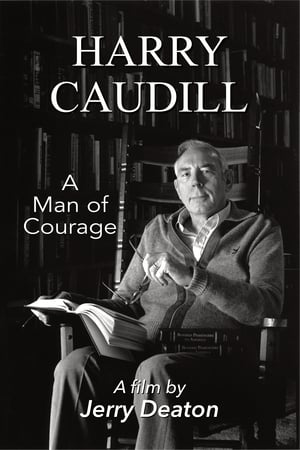 0.0
0.0Harry Caudill: A Man of Courage(en)
One of the most important Kentuckians of the 20th century, Harry Caudill brought the story of Appalachia to national attention when his book “Night Comes to the Cumberlands” was released in 1963. The nonfiction account of Eastern Kentucky’s coal region, part history and part polemic, eloquently recounted the exploitation of Appalachia’s land and its people by business and government interests, and made Caudill a national spokesperson for his homeland. Harry Caudill spent his life advocating for Eastern Kentucky, with the aim of helping the powerless as well as securing the region’s unmatched natural resources for future generations. His work led to lasting government reforms for Appalachia, and his legacy remains a touchstone for activists today.
The Delano Manongs: Forgotten Heroes Of The United Farm Workers Movement(en)
The Delano Manongs tells the story of farm labor organizer Larry Itliong and a group of Filipino farm workers who instigated one of the American farm labor movement’s finest hours – The Delano Grape Strike of 1965 that brought about the creation of the United Farm Workers Union (UFW). While the movement is known for Cesar Chavez’s leadership and considered a Chicano movement, Filipinos played a pivotal role. Filipino labor organizer, Larry Itliong, a cigar-chomping union veteran, organized a group of 1500 Filipinos to strike against the grape growers of Delano, California, beginning a collaboration between Filipinos, Chicanos and other ethnic workers that would go on for years.
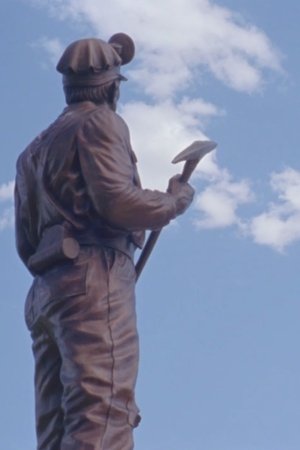 0.0
0.0Ancient Sunshine(en)
A reflection on anarchism and labor, ANCIENT SUNSHINE marks a path through the struggles of climate activism and coal extractions in the American West.
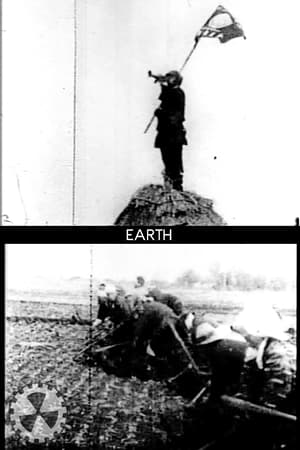 0.0
0.0Earth(ja)
A main agenda of the prewar farmer's movement was struggle against landowners. Prokino also considered this as their prime concern. The main title sequence and the latter part of the film have unfortunately been lost. While we cannot see its entire structure, we can still get a glimpse of it from this surviving short.
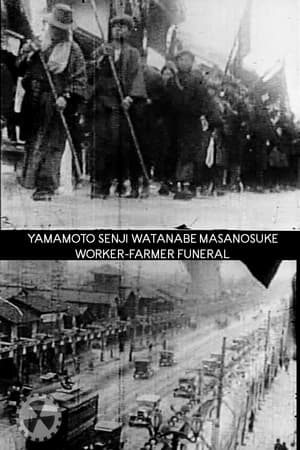 0.0
0.0Yamamoto Senji Watanabe Masanosuke Worker-Farmer Funeral(ja)
After his Tokyo farewell ceremony, Yamamoto's ashes were sent to Kyoto on March 9. Many friends and citizens gathered at his home in Uji. On the 15th a worker-farmer funeral was held at the Sanjo YMCA. Prokino's Kyoto Branch shot these five days of activities. The long line of cars is filled with taxis, whose drivers deeply admired Yamamoto. The Watanabe in the title refers to the head of the Communist Party of Japan. Watanabe was returning to Japan from Taiwan when he was stopped by authorities. He committed suicide in their custody. Yamamoto and Watanabe were mourned together.
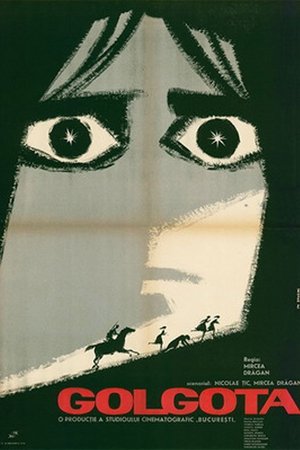 7.7
7.7Golgotha(en)
Six widows demand compensation for the death of their husbands, who were killed during a worker's strike. The women are arrested and taken to the police quarters, where the authorities try to make them retract their statements, but it turns out they're not so easily intimidated.
 0.0
0.0Conversations with Turiansky(es)
Biographical portrait of the labor movement and left wing movement in Uruguay, "Conversations with Turiansky" combines two stories. The first portrays the son of immigrants, the engineer passionate about the mystery of electricity, the man in love, the movie buff. The other places the protagonist in his time: union struggles, the advance of authoritarianism, prison and the challenges of the present. In both are present the lucidity, commitment, discreet tenderness and humor of Wladimir Turiansky.
 5.7
5.7The Flickering Flame(en)
Documentary following dockers of Liverpool sacked in a labour dispute and their supporters’ group, Women of the Waterfront, as they receive support from around the world and seek solidarity at the TUC conference.
 7.0
7.0Solidarność: How Solidarity Changed Europe(de)
Gdańsk, Poland, September 1980. Lech Wałęsa and other Lenin shipyard workers found Solidarność (Solidarity), the first independent trade union behind the Iron Curtain. The long and hard battle to bring down communist dictatorship has begun.
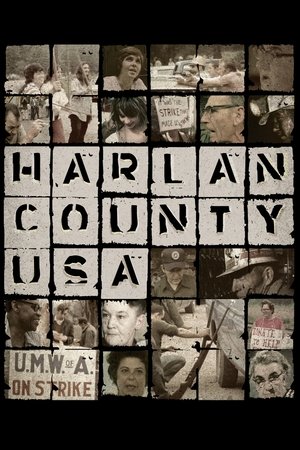 7.5
7.5Harlan County U.S.A.(en)
This film documents the coal miners' strike against the Brookside Mine of the Eastover Mining Company in Harlan County, Kentucky in June, 1973. Eastovers refusal to sign a contract (when the miners joined with the United Mine Workers of America) led to the strike, which lasted more than a year and included violent battles between gun-toting company thugs/scabs and the picketing miners and their supportive women-folk. Director Barbara Kopple puts the strike into perspective by giving us some background on the historical plight of the miners and some history of the UMWA. Preserved by the Academy Film Archive in partnership with New York Women in Film & Television in 2004.
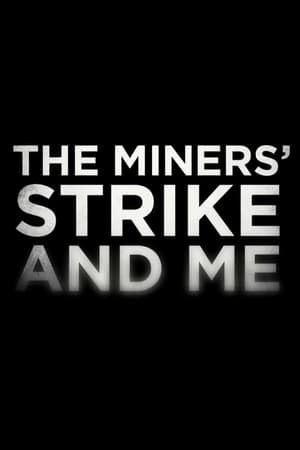 0.0
0.0The Miners' Strike and Me(en)
Documentary marking the 30th anniversary of the 1984 miners' strike, one of the bitterest industrial disputes in British history, with stories from both sides of the conflict.
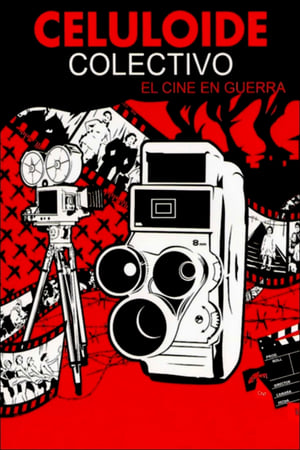 7.5
7.5Celuloide colectivo: el cine en guerra(es)
July, 1936. The terrible Spanish Civil War begins. When the streets are taken by the working class, the social revolution begins as well. The public shows are socialized, a model of production and exhibition of films, never seen before in the history of cinema, is created, where the workers are the owners and managers of the industry, through the unions.



